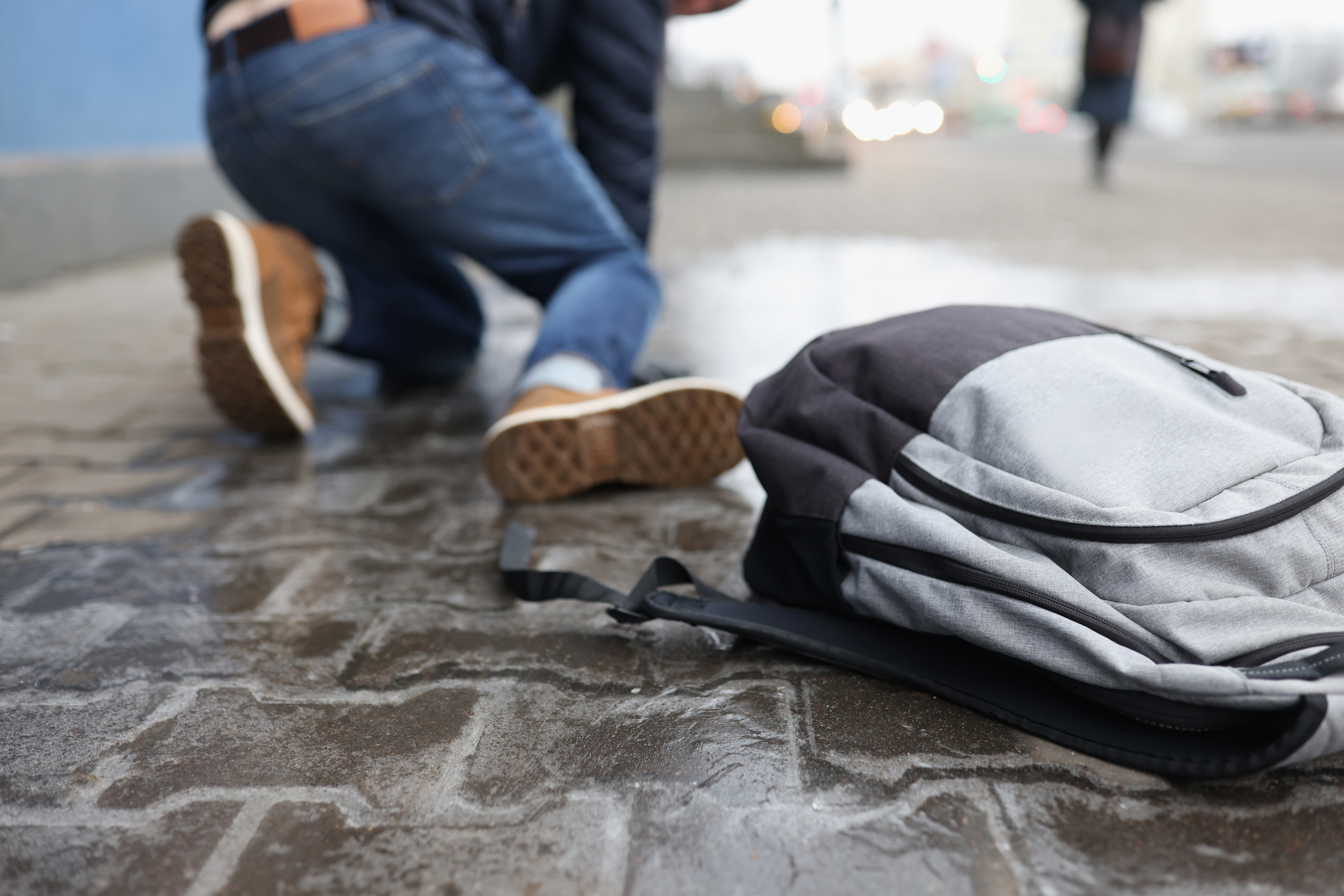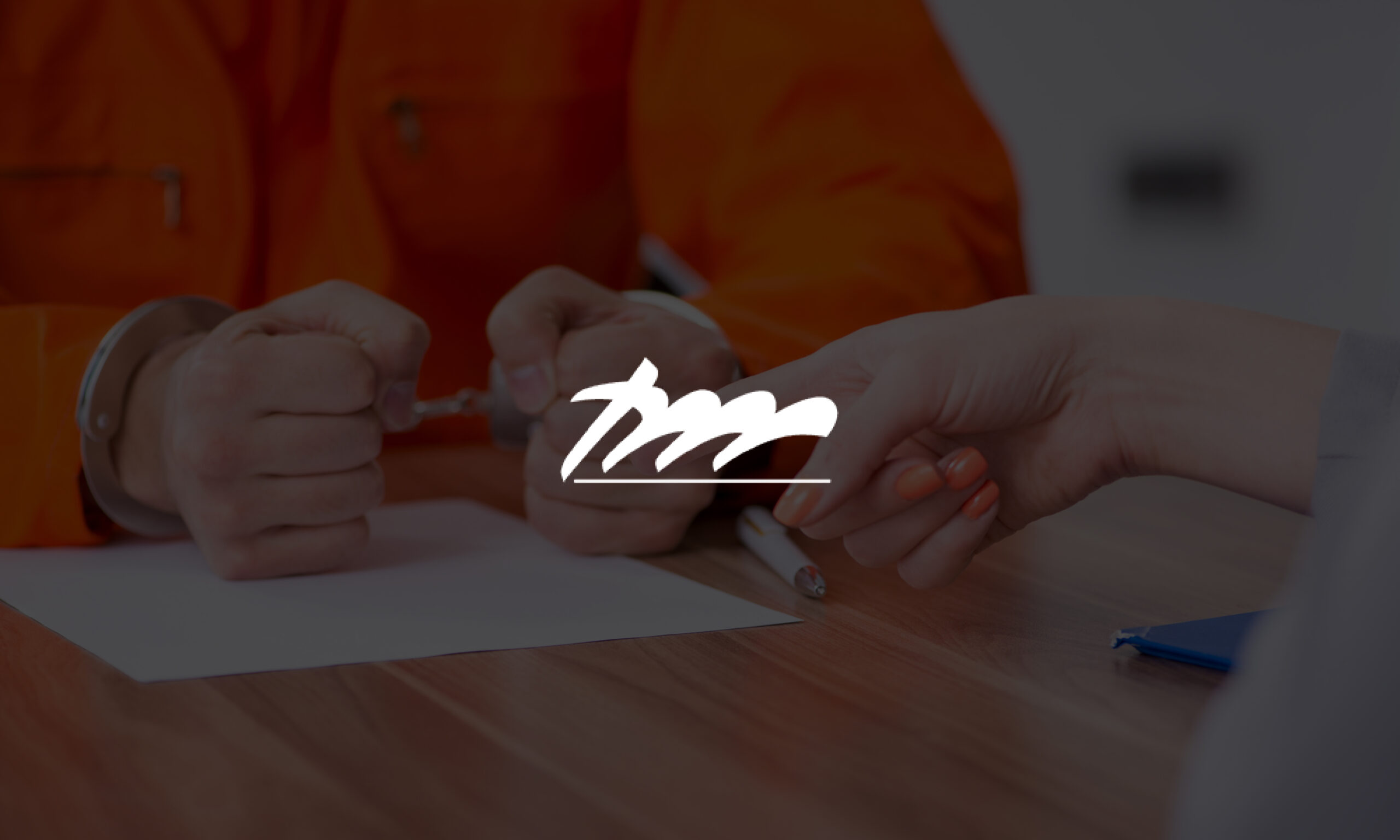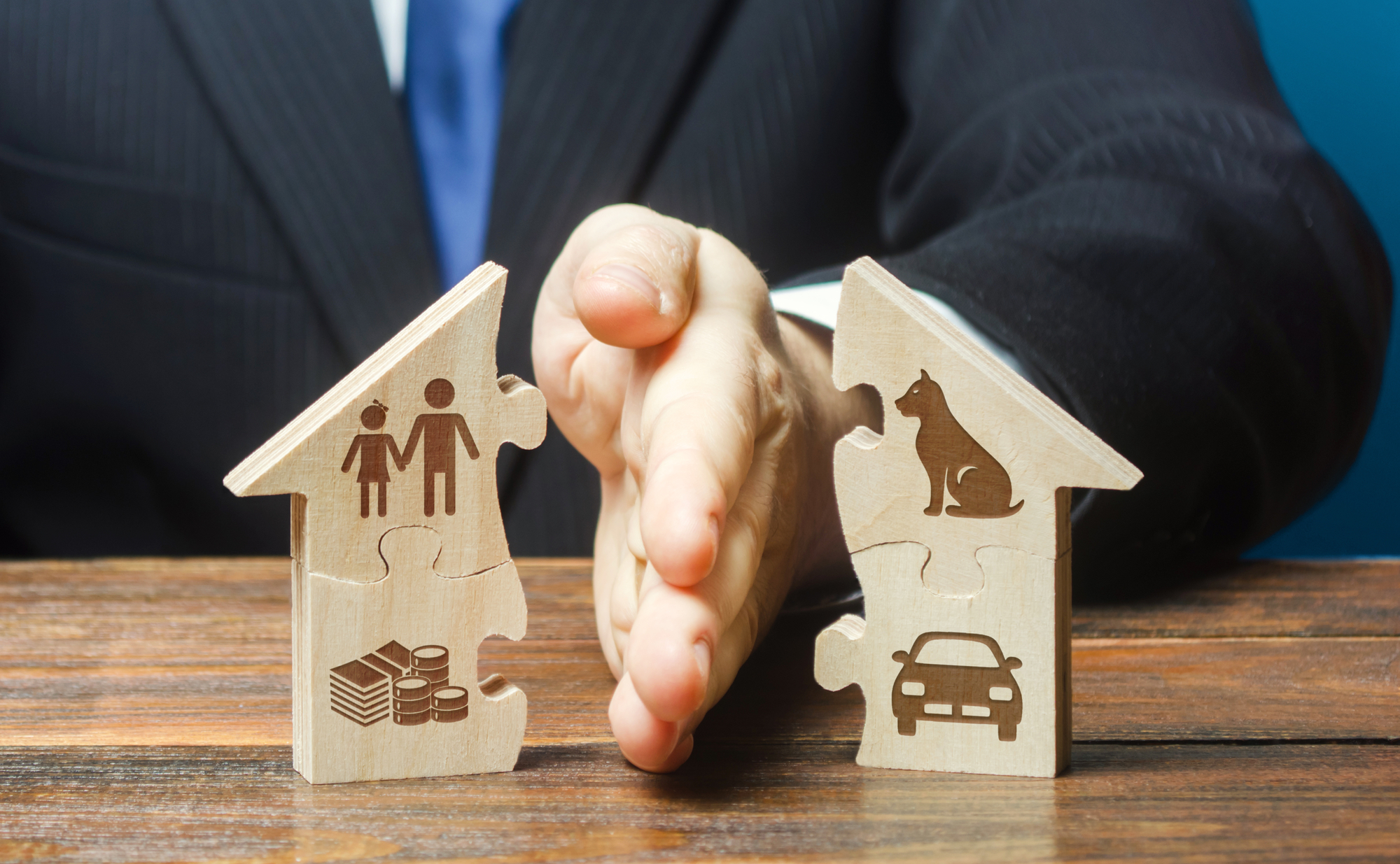What Are the Basics of Slip and Fall Law?
The law stipulates that property owners and people who control real estate have a legal obligation to check that their property is reasonably safe for customers, guests, and other visitors. This is known as the “duty of care,” and when property owners fail to meet the standard, leading to an accident, they are said to be negligent.
The most common types of accidents within premises are slips and falls. If you or your loved one sustained injuries in a slip and fall, you can file a compensation claim. However, personal injury lawyers in Lafayette say that you must first prove negligence on the part of the liable party to receive damages.
Proving negligence is a multi-faceted process with many nuances to navigate. It can be lengthy, and it’s only with aggressive legal representation that you can recover the total compensation you deserve for the injuries you suffered.
What Are the Elements of Negligence?
While premises liability cases tend to differ from other injury lawsuits, they require evidence of negligence at their core. Lafayette premises liability attorneys explain that building a negligence claim requires that you demonstrate the following four elements:
Duty of Care
The duty of care is a legal framework that tells property owners what to do to ensure their properties are reasonably safe. In premises liability cases, the duty varies based on the parties’ relationship. Whether a property owner has a duty of care toward you depends on your reason for entering the property.
Premises liability lawyers in Lafayette say a property owner must ensure the safety of the following types of visitors:
- Invitees: These are people who visit a property for the owner’s benefit, usually to exchange goods and services. They may include contractors or maintenance crew hired by the owner or visitors to a store within the premises. Property owners owe invitees the highest duty of care and must warn them adequately about any hazards that exist.
- Licensees: These are people who have been invited to access a property for the mutual benefit of the owner and the guest. They may include friends and family members who are there for non-business purposes.
- Trespasser: A trespasser enters a property illegally without permission from the owner. While property owners should not harm trespassers, they must exercise adequate care to ensure their safety once they learn of the trespasser’s presence.
Breach of Duty
Once you establish a duty of care, you must show that the property owner breached it. A breach happens when a property owner fails to act as a reasonable person would, given similar circumstances. In proving a breach of duty, skilled premises liability attorneys in Lafayette can demonstrate that a hazard existed on the property.
Common hazards that contribute to slip and fall accidents in premises liability cases are:
- Uneven surfaces, such as cracks or breaks in the pavement or walkway
- Wet, snowy, or icy walkways
- Loose or easily moveable material on the surface, such as grave, rocks, or sand,
- Larger or smaller stair runs or risers than required by building or safety codes
- Foreign substances like foods, liquids, or other tripping hazards on floors
- Inadequate lighting
- Loose rugs or torn carpets
- Missing or faulty guardrails, handrails, or railings
- Tools or equipment left on the walkways haphazardly
- Things hanging dangerously from ceilings or shelves.
Additionally, you must demonstrate that the property owner knew of the hazard or should have known but didn’t provide adequate warnings.
Causation
The third element of negligence entails demonstrating the relationship between the hazard and your injuries. You must prove that the injuries you seek compensation for resulted from the property hazard. For example, if you slipped on a poorly lit staircase and broke your hip, you must show that the broken hip resulted from the incident.
You can’t claim compensation for pre-existing injuries unless you prove that the accident worsened the condition. Expert medical testimony can help you substantiate your claims.
Damages
The fourth element entails proving that you incurred tangible and intangible losses due to the accident. Losses you may incur due to a slip and fall accident can encompass the following:
- Emergency treatment costs and other medical expenses
- Lost wages and loss of earning capacity
- Costs of medical assistive devices
- Personal care costs
- Pain and suffering, and emotional distress
- Loss of consortium and enjoyment of life
Failure to establish even one of these elements could jeopardize your chances of receiving compensation from the liable party. So, it’s crucial to retain the services of aggressive personal injury lawyers in Lafayette to help you present your claim and fight for the settlement amount you rightfully deserve.
What Evidence Can I Use to Prove Negligence?
Proving the elements of negligence can be tricky without the relevant evidence. Skilled Lafayette premises liability attorneys can help you gather the following types of evidence to strengthen your case:
- Surveillance photos or videos
- Maintenance records showing past efforts to rectify the situation
- Prior complaints and incident reports from other victims
- Inspection reports from government agencies recording safety violations related to the hazard
- Eyewitness testimony from people who witnesses the slip and fall
- Testimony from employees who knew about the existence of the hazard
- Texts, emails, and other communications indicating the property owner knew of the dangerous condition
A Skilled Personal Injury Attorney Helping You Prove Negligence in a Slip and Fall Case
Personal injury cases can take up a lot of time and money. It’s best to hire aggressive personal injury lawyers in Lafayette to evaluate whether you have a strong case before filing a lawsuit. They can help you prove the four crucial elements of negligence to hold the relevant party liable.
The Law Office of Tony Morrow has dedicated premises liability attorneys who can walk this arduous journey with you. Our 30-year experience in personal injury cases gives us solid footing in fighting for our clients’ rights, and we can help you too. Call us at 337-201-9222 to schedule a consultation.




